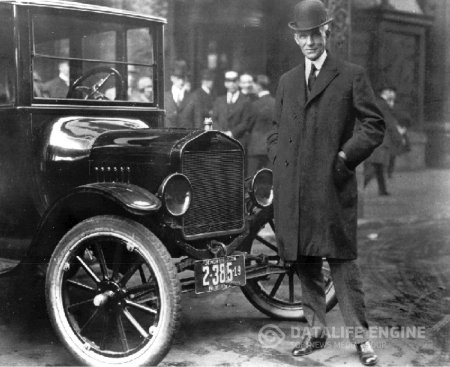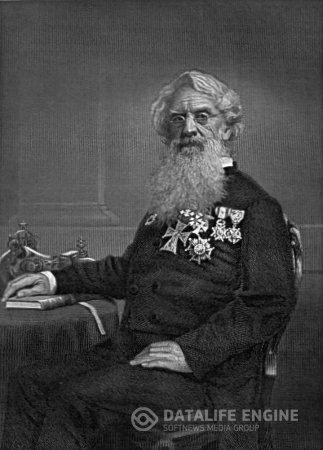Robert Boyle, founder of the analytical chemistry.
Robert Boyle, founder of the analytical chemistry.This scientist formed the first scientific definition of a chemical element, introduced the experimental method into chemistry, laid the foundation for chemical analysis, established one of the gas laws (the Boyle-Mariotte law).
In 1654, Boyle moved to Oxford, where a new period of his life began. He equipped the laboratory and, together with his assistant Robert Hooke, began research that was of great importance and marked the beginning of the birth of a new chemical science.
During Boyle, chemistry was only an art that helped pharmacists prepare medicines. But for this scientist, chemistry was a separate science with its own methods and tasks. He perfectly understood its importance for the study of natural phenomena and the development of crafts. By systematizing color and precipitate reactions, Boyle laid the foundation for the development of analytical chemistry. The scientist discovered the law of change in air volume with a change in pressure, introduced the concept of analysis of the composition of bodies into chemistry. Boyle first introduced an indicator for the determination of acids and alkalis, studied the composition of mineral waters and much, much more.














Comments (0)